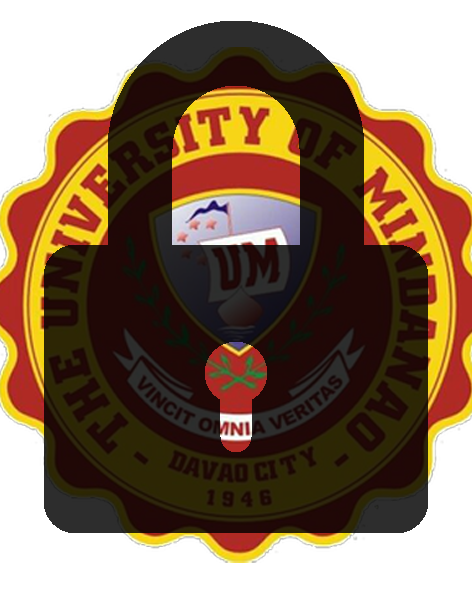Self-efficacy, anxiety and students' performance in math 501 course

View/
Date
2016-10Author
Mahilum, Razil S.
Mercolita, Christopher V.
Seguido, Frejan E.
Citation Tool
Metadata
Show full item recordAbstract
The study aimed to determine the relationship between self-efficacy, anxiety and students’ performance in Math 501 course among Math 501 students of UM Panabo College during second term, first semester of academic year 2016-2017. The independent variables of the study are self-efficacy and anxiety. The indicators of the self-efficacy are mastery experience, modeling, social persuasion and emotional and physiological states. The indicators of the anxiety are dispositional, situational and environmental. On the other hand, the dependent variable of this study is students’ performance in Math 501 course; the indicator is 1st exam percentage scores. The researchers used of non-experimental correlation method and the statistical tools used in the study were mean, T-test, Pearson product-moment correlation coefficient, Analysis of variance (ANOVA) and Coefficient of determination (r2). The result of the study shows that there is no significant relationship between the level of self-efficacy and student’s performance in Math 501 course it means that there are some factors that may affect students’ performance in mathematics like teaching strategies and instructional methods. Furthermore, the result of the study shows that there is significant relationship between math anxiety and students’ performance in Math 501 course it means that the disposition, situation and environment can affect the performance of the students in mathematics.
Collections
- Undergraduate Theses [128]
Publisher
Department of Teacher Education - Bachelor of Secondary Education - Major in Mathematics
